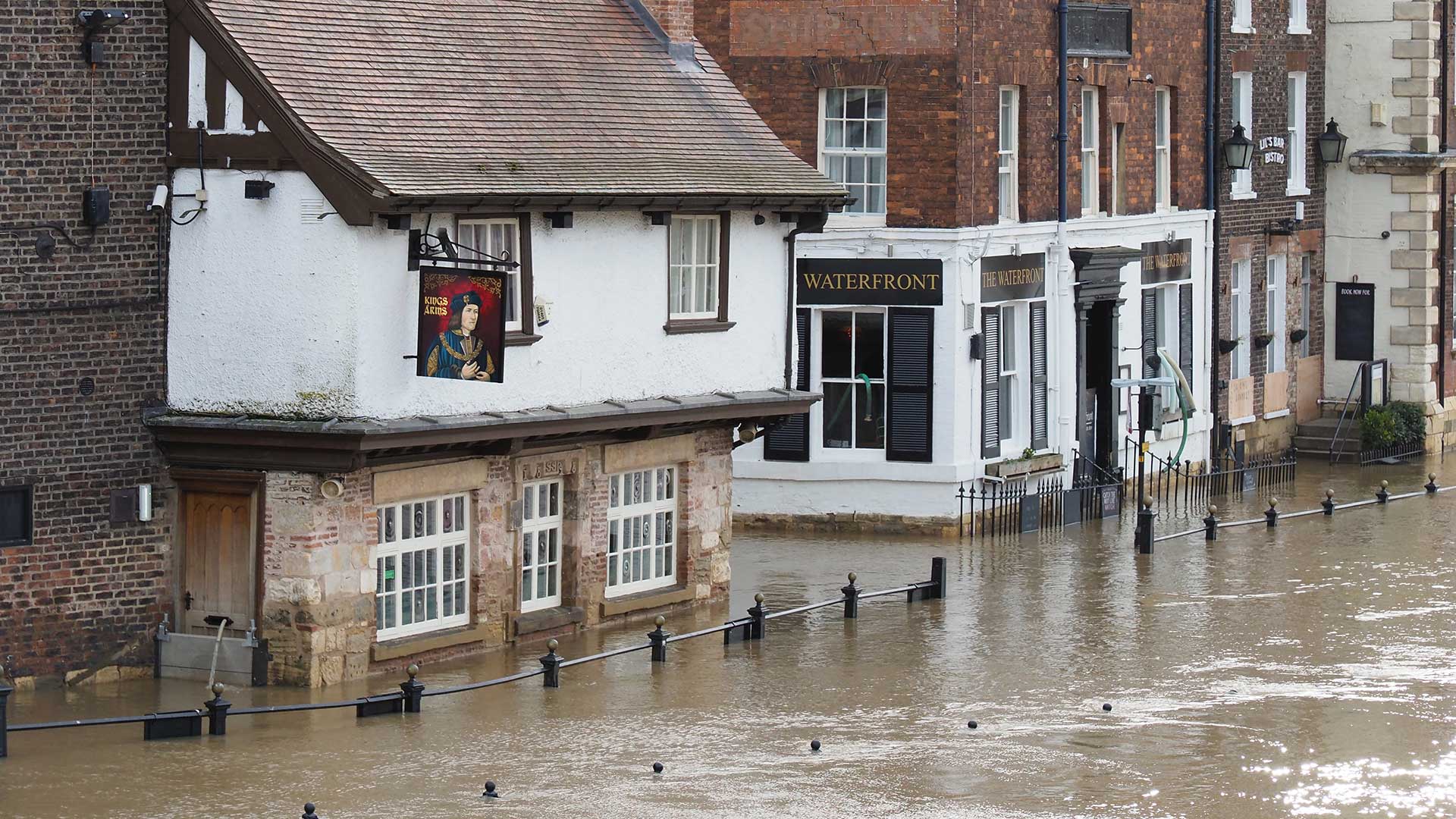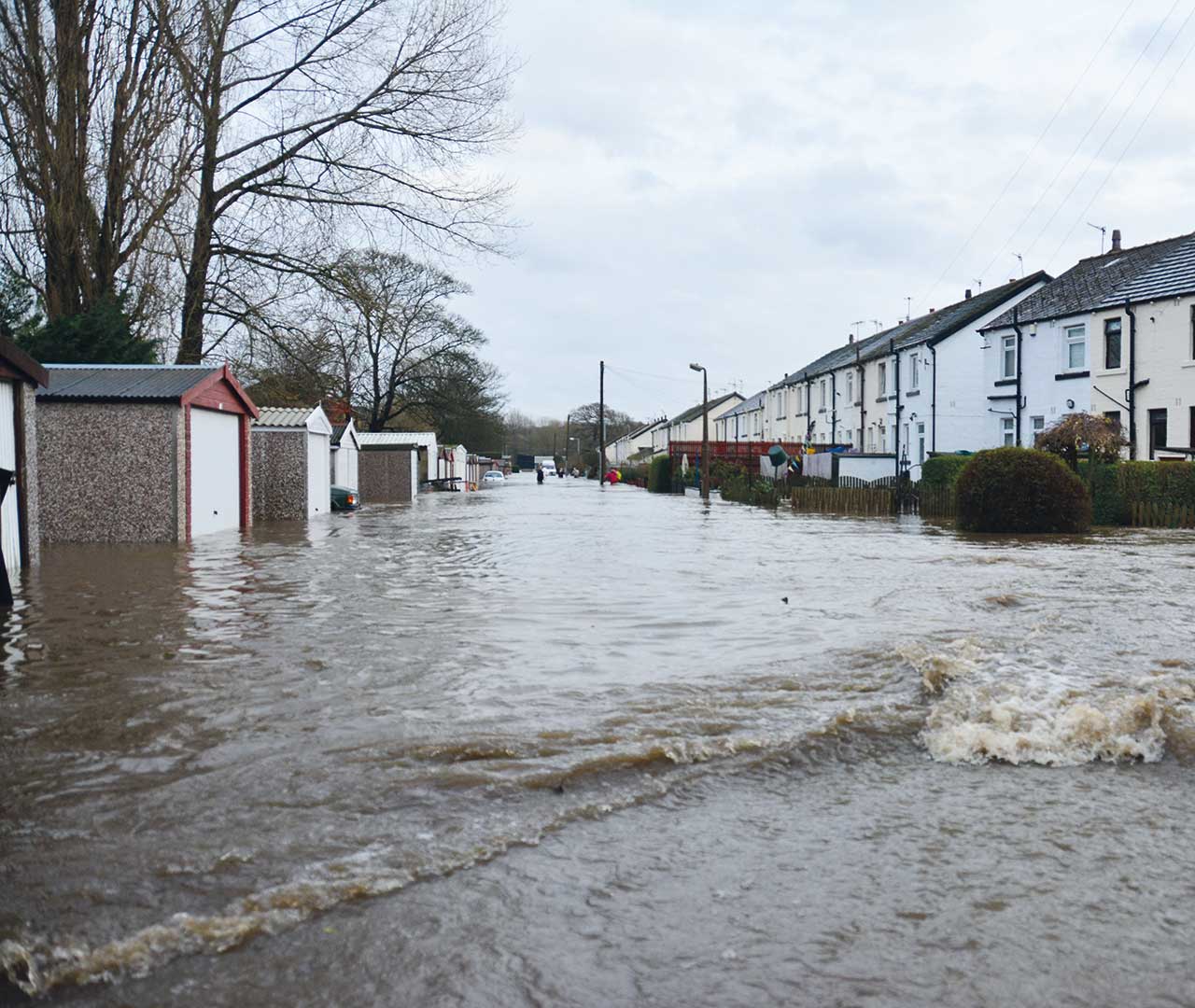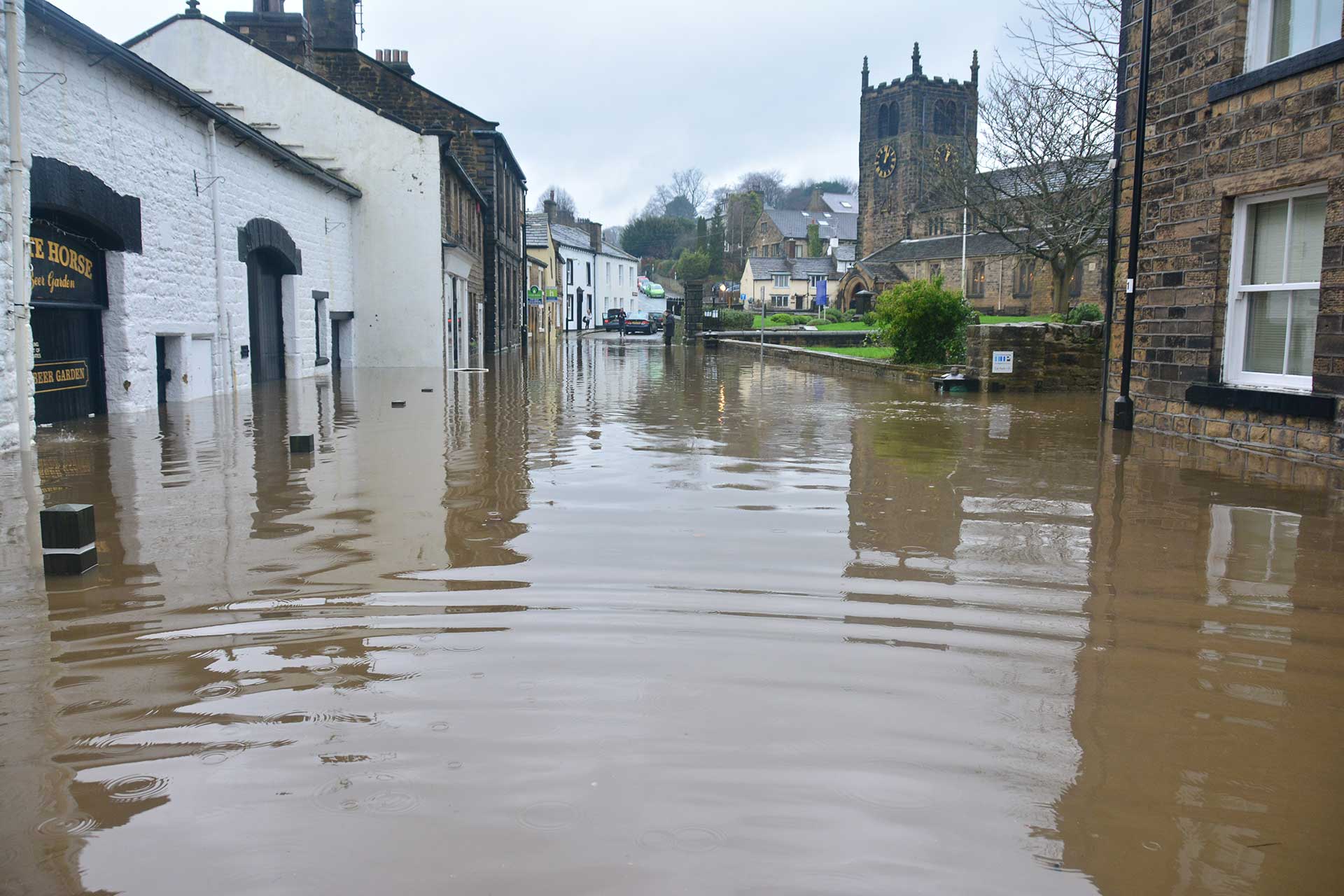November, 2023
Ensuring trauma-free relocation: The crucial need for insurers to prepare for emergencies
In the blink of an eye, life can take an unexpected turn, leaving us scrambling for stability. Recently, we encountered a situation that exposed the severity of vulnerabilities of some individuals during emergencies.
In the midst of a flood claim, our customer found themselves not only grappling with the aftermath of a disaster but also navigating the challenges posed by their reliance on a hoist and profiling bed. The experience highlighted the opportunity for insurers to support their most vulnerable policyholders to consider their own emergency preparedness strategies before a claim is made.
The Unforeseen Challenges:
Our customer’s predicament illuminated the harsh reality that not all emergency relocations are created equal. For those with specialised and complex needs—like reliance on a hoist and profiling bed—finding suitable accommodation becomes an intricate puzzle. The absence of the customer’s own pre-planned evacuation plan, coupled with a lack of on call emergency specialist engineers and movers, transformed what should have been a straightforward process into a traumatic experience for our customer.
Insurers: Catalysts for Change:
In the wake of such incidents, it’s imperative for insurers to take a proactive role in preparing their customers for the worst. Beyond the financial aspects of a claim, insurers could embrace a broader responsibility—one that extends to ensuring the well-being and peace of mind of their most vulnerable policyholders should a crisis arise.
The Blueprint for a Trauma-Free Relocation:
- Evacuation Plan:
Insurers should work hand-in-hand with their most vulnerable policyholders to develop comprehensive evacuation plans tailored to their unique needs. Understanding the intricacies of their customers’ daily lives, including any medical or mobility requirements, is key to orchestrating a seamless and trauma-free relocation process.
- Specialist Engineers and Movers:
A network of specialist engineers and movers should be readily available to insurers within their supply chains. Building partnerships with professionals experienced in handling specialised equipment ensures a swift and secure transition for vulnerable individuals. This network should be vetted and set up to expect a spectrum of needs, from medical equipment relocation to setting up specialised living spaces. - 24-Hour Emergency Hire:
Disasters don’t adhere to a 9-to-5 schedule, and neither should emergency services. The network of specialist engineers and movers needs to have the capacity for a 24-hour emergency hire system, guaranteeing immediate access to essential resources, be it a hoist, profiling bed, or any other equipment crucial to the customer’s well-being. - Respite Care:
Recognising that emergencies can be emotionally and physically draining, customer’s emergency plans should explore available local respite care providers. The availability of pre-assessed short-term care solutions during the relocation process would provide much-needed support to vulnerable individuals and their families.
The recent flood claim involving our customer serves as a poignant reminder that insurance is not merely about financial indemnity; it’s about safeguarding the overall well-being of policyholders.
Reimagining emergency preparedness strategies to include customers’ own tailored evacuation plans, access to specialist services, 24-hour emergency hire, and respite care options will ensure well-being in a crisis. Let us strive for a future where rapid relocations are not just swift but also more compassionate, ensuring that no one is left feeling stranded amidst the chaos of unforeseen circumstances.
Visit our website to learn more about our alternative accommodation services.





